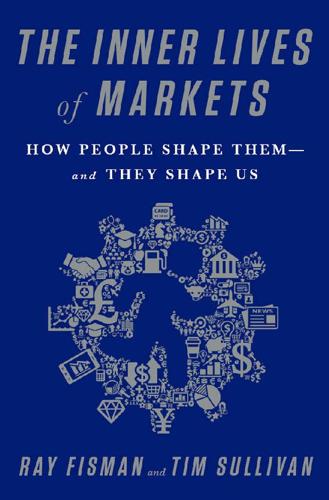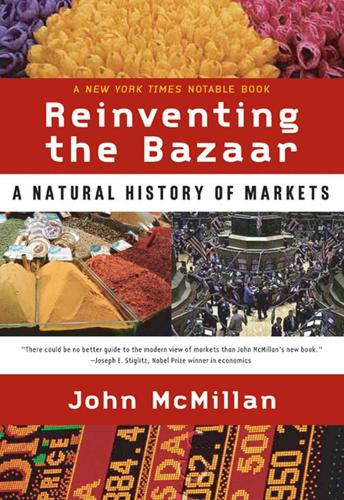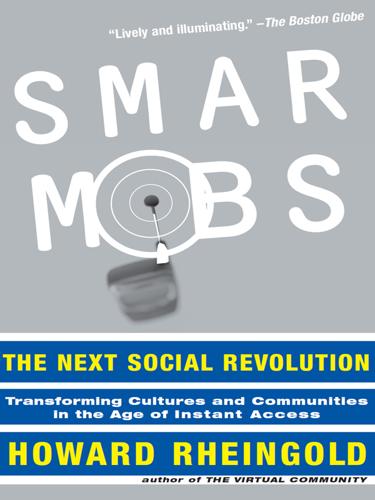shill bidding
description: person who publicly helps or gives credibility to a person or organization without disclosing that they have a close relationship with the person or organization
3 results

The Inner Lives of Markets: How People Shape Them—And They Shape Us
by
Tim Sullivan
Published 6 Jun 2016
It had very different consequences for the Red Sox if those with gargantuan budgets like the Dodgers or especially the Yankees (whose payroll reliably tops $200 million each year) were all in, or just baseball paupers like the Tampa Bay Devil Rays (2006 payroll: $35.4 million) and Miami Marlins (a paltry $15 million). A bidder even had to think through how desperate another team might be to ensure that Matsuzaka never left Japan. Rumors circulated at the time that a team might put in a shill bid without any intention of signing a contract, just to ensure that the ace went back to the Lions. In the end, Henry felt the risk of losing Matsuzaka outweighed the risk of overpaying, so the Sox went high, offering $51,111,111.11 to the Lions for the right to make an offer to Matsuzaka. (Henry said his lucky number was 11.)
…
The second-price sealed-bid approach represented the best of all possible auction designs under the conditions laid out in Vickrey’s 1961 paper, but its many shortcomings under more general conditions were laid bare in a 2006 essay by auction theorists Larry Ausubel and Paul Milgrom. In Ausubel and Milgrom’s words, despite its “theoretical virtues, [the Vickrey auction] also suffers from weaknesses that are often decisive.”13 For instance, there was no collusion in Vickrey’s model and no shill bidding from buyers using multiple identities—strategies familiar to government contractors since time immemorial. Auction theorists figured out that, in sales involving more than a single item, the Vickrey mechanism made it even easier for bidders to benefit from preauction backroom meetings.14 And although the seller would make out OK on average, it was entirely possible that under some conditions, a valuable government asset could change hands for a price of exactly zero.

Reinventing the Bazaar: A Natural History of Markets
by
John McMillan
Published 1 Jan 2002
If set at the right level, it can drive the price up higher than the competition would.4 How can eBay protect its buyers from fraud or misrepresentation by sellers? Buyers cannot check the quality of the merchandise. A seller, perhaps knowingly, perhaps inadvertently, might represent a worthless painting as the work of a known artist. Shill bidding, under which an accomplice bids up the price in order to create a false idea of the item’s value, is not unknown. Occasionally buyers have not received the goods for which they have sent off checks. eBay’s clever solution to these problems is to allow regular sellers to establish a reputation for reliability and quality.

Smart Mobs: The Next Social Revolution
by
Howard Rheingold
Published 24 Dec 2011
To the contrary, the smart mobs who use eBay to their advantage are always the target of would-be smarter mobs who try to find loopholes in the system, and the attacks of the would-be smarter mobs spur the efforts of smartest mobs who build improved reputation systems to counter known forms of cheating. eBay looks for evidence of the kind of “shill bidding” that was uncovered when a seller conspired to inflate the price of a painting.27 The low rate of fraud on eBay poses a dilemma familiar to students of cooperation. Peter Kollock, a professor at UCLA who had studied virtual communities, has noted that every unsecured financial transaction is a Prisoner’s Dilemma in which each party is tempted to benefit by failing to reciprocate: The temptation to defect in the exchange has led to a wide range of formal and informal mechanisms for managing this risk.